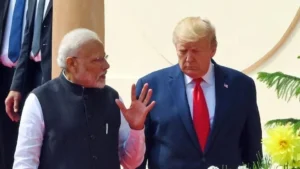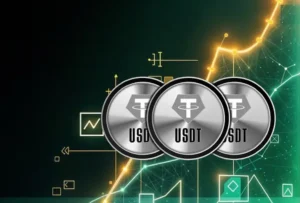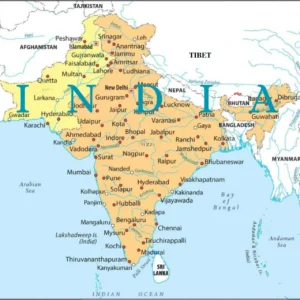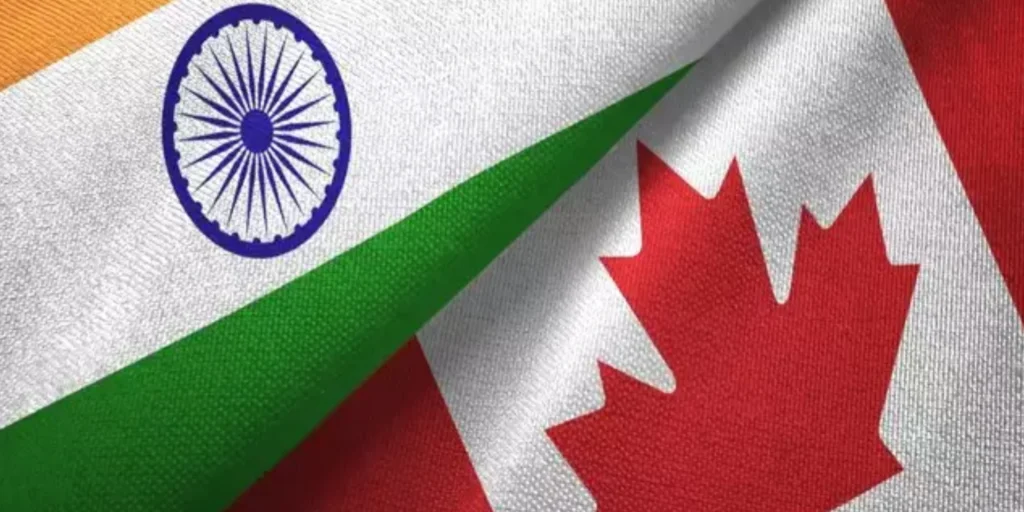
The diplomatic rift between Canada and India has drawn global attention, marking a significant low point in their bilateral relations. But now the Canada India conflict has escalated to the point that the Prime Minister of Canada has discussed it with his Five Eyes (FVEY) counterparts, and he may now seek their support for Canada. However, many analysts believe that if we closely examine the entire situation, it seems to be a move orchestrated by Prime Minister Justin Trudeau with the upcoming elections in Canada in mind, as his popularity has significantly declined. The intention appears to be securing the Sikh separatist vote, which holds significant numbers in Canada.
Roots of the Conflict: How It All Started
Justin Trudeau has made several questionable decisions since becoming Canada’s prime minister. Before he took office in 2015, India-Canada relations were at their peak, with strong trade ties and positive diplomatic relations. However, under his leadership, these relations have steadily deteriorated. Diplomatic tensions have escalated, trade talks have been suspended, and Canada and India have engaged in tit-for-tat diplomatic expulsions. Let’s see how things reached this point.
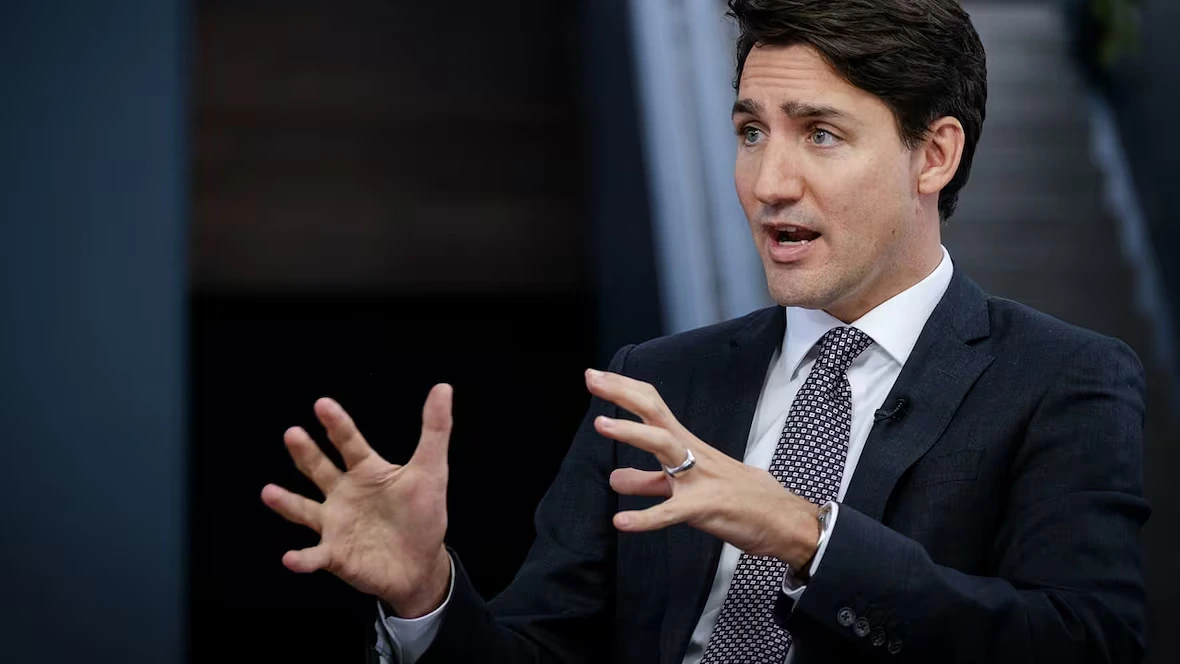
Timeline of India-Canada Tensions: Deterioration in Diplomatic Relations
February 2018: Justin Trudeau’s Controversial Dinner in India
When Justin Trudeau visited India in 2018, a dinner was organized in his honor. However, Trudeau invited Jaspal Singh Atwal to the event. Atwal was a convicted criminal involved in the assassination of a Punjab minister. India expressed deep displeasure over this, forcing Trudeau to issue public clarifications. He told the media that he was unaware of Atwal’s background and cancelled the invitation as soon as he found out.
Now, how could any prime minister behave so irresponsibly while visiting another country?
2020: Farmers Protest in India
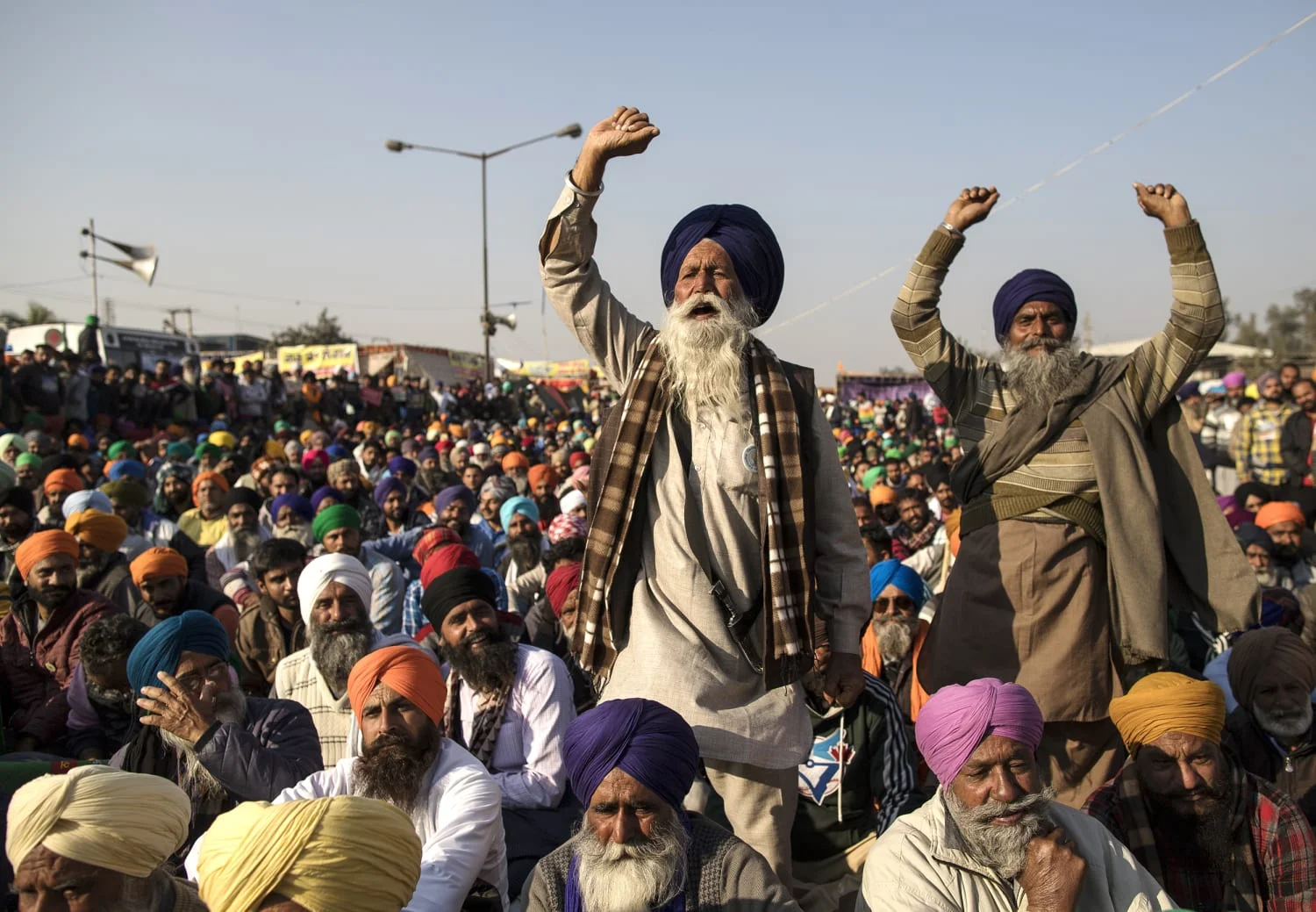
Trudeau openly supported the farmers’ protest in India against the new agricultural laws. According to Indian intelligence reports, significant funding also came from Canada to sustain the protests. The Indian government saw this as unwarranted interference in its internal affairs and responded strongly, criticizing Trudeau’s remarks.
2022 Khalistanis Hold Referendums in Canada Against India
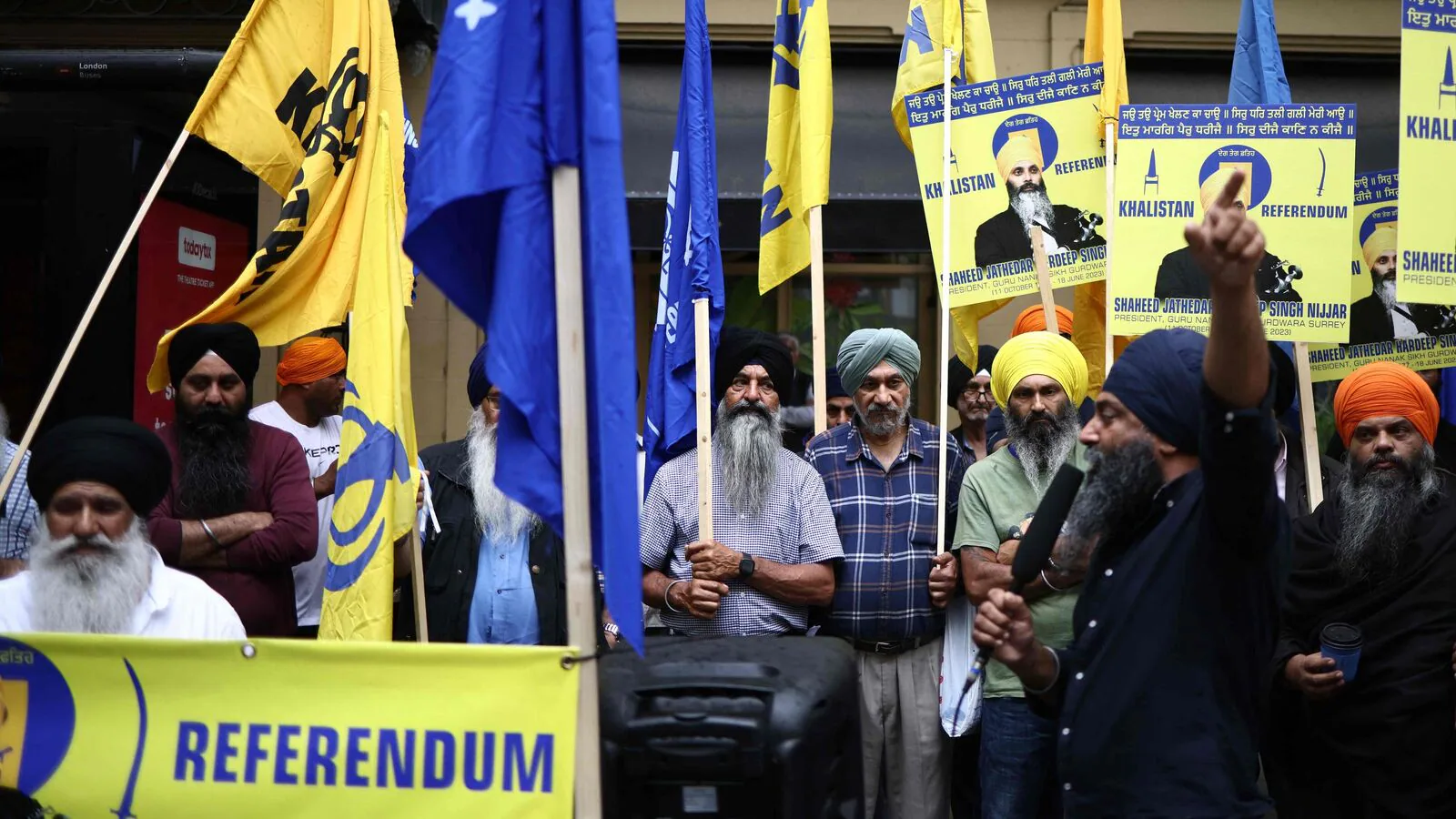
The anti-India “referendum” was allowed by Prime Minister Justin Trudeau’s government, even though the Indian High Commission in Ottawa strongly objected to using public property for a separatist event that challenged India’s unity. And this isn’t the first time—this has happened several times before.
This raises the question: Why does Justin Trudeau allow such activities under his government in Canada? As the influence of Khalistan spreads across Canada, what if, after 10-15 years, Khalistan supporters hold referendums in 2-3 provinces with a large Khalistani population, demanding the creation of Khalistan there?
If you look at the current situation, Sikh people hold many influential positions in Canada, whether in business, politics, or other areas. This increases the chances that such activities could create challenges for Canada in the next 10-15 years.
Additionally, if Indian Sikhs start holding anti-Canada referendums in India or if the Indian government supports them, just as Justin Trudeau’s government is currently supporting anti-India referendums in Canada, then what would be the situation in Canada? This is something Canadians should consider.
2023 Khalistanis Set Fire to the Indian Consulate
If you see, several incidents of fire have been caused at the Indian Consulate in Canada by Khalistanis. They frequently burn and insult the Indian flag. The Indian government has lodged multiple complaints with the Trudeau government, but so far, no action has been taken, and no culprits have been caught in any of these cases.
2023 Nijjar’s Murder
The situation here worsened the most when Hardeep Singh Nijjar, who was declared a terrorist by India, was shot outside a Sikh temple in Canada. Canadian Prime Minister Justin Trudeau publicly accused India for this. Nijjar’s murder further escalated diplomatic tensions, especially after India condemned a parade held in Canada that depicted the assassination of former Indian Prime Minister Indira Gandhi.
2024 Trade Talks Were Suspended, and There Were Diplomatic Expulsions
Canada suspended trade talks with India, reportedly due to the ongoing tensions mentioned earlier. Diplomatic expulsions between the two countries also intensified when Canada’s Prime Minister Justin Trudeau accused India of being involved in Nijjar’s murder. However, the Indian government stated that they have been requesting evidence from the Canadian government for the past 6-7 months, but so far, Canada has not shared any evidence with them, and their accusations are baseless and absurd.
When the opposition party in Canada’s Parliament applied pressure, Justin Trudeau admitted that he had only intelligence and no evidence. However, by that time, it was already too late India expelled six Canadian diplomats in response, and Canada also expelled the same number of Indian diplomats. India justified the expulsions by accusing Canada of interfering in its internal affairs.
Who is Hardeep Singh Nijjar?
Hardeep Singh Nijjar was born on October 11, 1977, in District Jalandhar, India. Nijjar moved to Canada in 1997 at the age of 20 and began working as a plumber. Nijjar’s criminal history began in 1995 when he was arrested in India. In 1997, he obtained a fake passport under the name Ravi Sharma and fled, but Canadian authorities apprehended him at Toronto Airport.
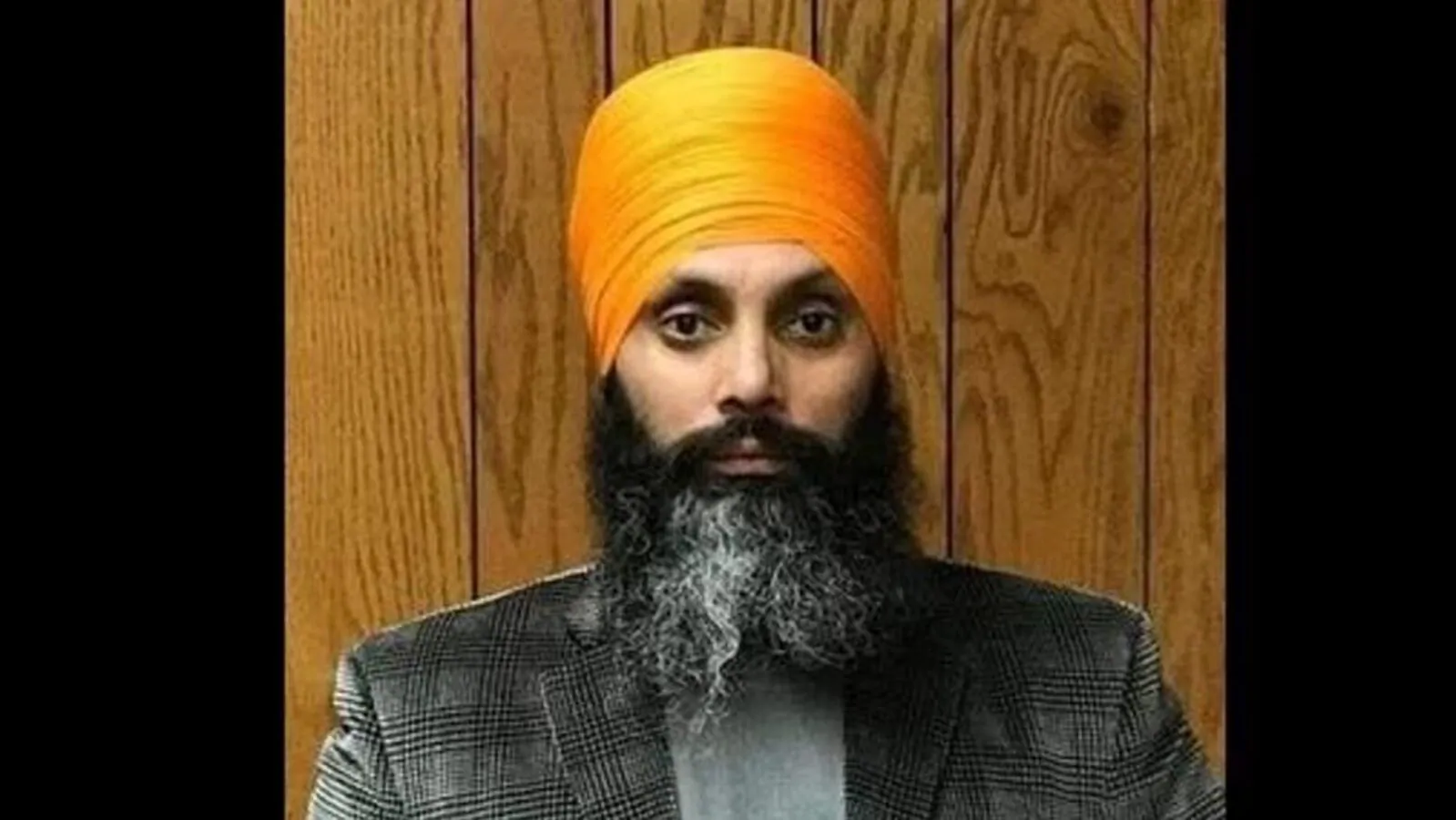
Nijjar sought political asylum, alleging cruelty and torture by the Indian police, but his application was rejected. Later, he married a British Columbian woman and applied for immigration sponsorship, but this application was denied on the grounds that the marriage was deemed a sham. Nevertheless, Canada eventually granted him citizenship.
He settled in British Columbia and became actively involved in the Khalistan movement, which demands the separation of Punjab from India to form an independent Sikh state. However, the movement holds no legal or political recognition in India. India designated Nijjar as a terrorist in 2020. Due to his alleged involvement in criminal activities, Nijjar was on India’s most-wanted list. The National Investigation Agency (NIA) even announced a cash reward of 10 lakh rupees for his capture, linking him to the murder of a Hindu priest in Jalandhar, Punjab. In 2018, Punjab’s then-Chief Minister Amarinder Singh handed a list of most-wanted terrorists to Justin Trudeau, with Nijjar’s name prominently included.
Nijjar, however, denied these allegations, claiming to advocate peacefully for Sikh rights. He held significant influence within a section of the Sikh community in Canada. His assassination in June 2023 outside a gurdwara in British Columbia sparked a diplomatic crisis between Canada and India, with Canada accusing India of being involved in his killing. Read more
Why Canada India Conflict can be a Political move by Justin Trudeau
Justin Trudeau’s recent actions against India come at a time when his popularity in Canada is decreasing, and opposition to his leadership is growing. With federal elections scheduled for next year, many believe he is trying to win the support of the influential Sikh community which has a good population in Canada. In an attempt to attract their votes, When Trudeau accused India of Nijjar’s murder without any evidence, India gave Canada a valuable lesson, sparking a conflict with India. Through this move, Trudeau made every effort to divert people’s attention from local issues and even publicly blamed India. However, his popularity did not improve; instead, he had to face further consequences. Currently, local issues dominate in Canada, leading to a continuous decline in Trudeau’s popularity.
Reasons Why Justin Trudeau Popularity Decreasing
Rising Cost of Living
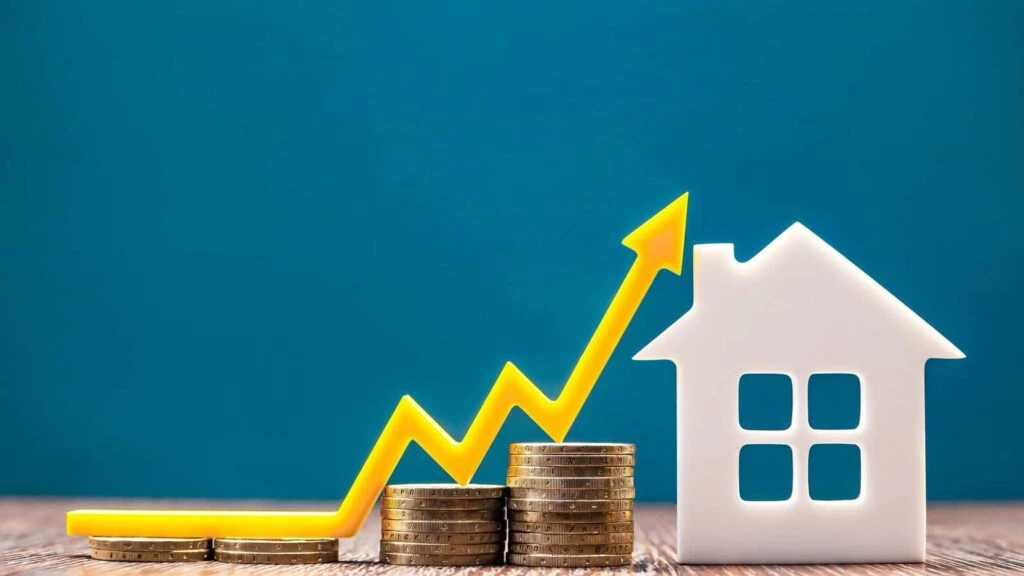
In spring 2024, nearly half of Canadians (45%) reported that rising prices significantly impacted their ability to cover daily expenses, a striking 12 percentage points increase from just two years ago (33%). This reflects a major setback for the Trudeau government. Recent reports indicate that younger adults are facing even greater financial struggles compared to older Canadians. According to the latest data, more than half (55%) of individuals aged 25 to 44 stated that rising prices were greatly affecting their ability to manage day-to-day expenses in spring 2024.
The issues Canada faces, as far as their economy is concerned, are not local concerns, as this is part of a global narrative. With rising costs troubling consumers across the globe, the countries are frantically scrambling to protect their economies against the external financial pressures. One such shift is greater importance on alternative payment systems and currencies that could reduce the dependency on U.S. dollars. BRICS Pay, just unveiled by the BRICS countries (Brazil, Russia, India, China, and South Africa), has posed a direct challenge to the U.S. dollar’s supremacy. An increasing number of nations that are pushing alternatives to the dollar could reflect on world trade, potentially influencing inflation and prices everywhere. https://dailyspok.com/brics-pay-a-challenge-to-america-dollar/
Crime and Public Safety
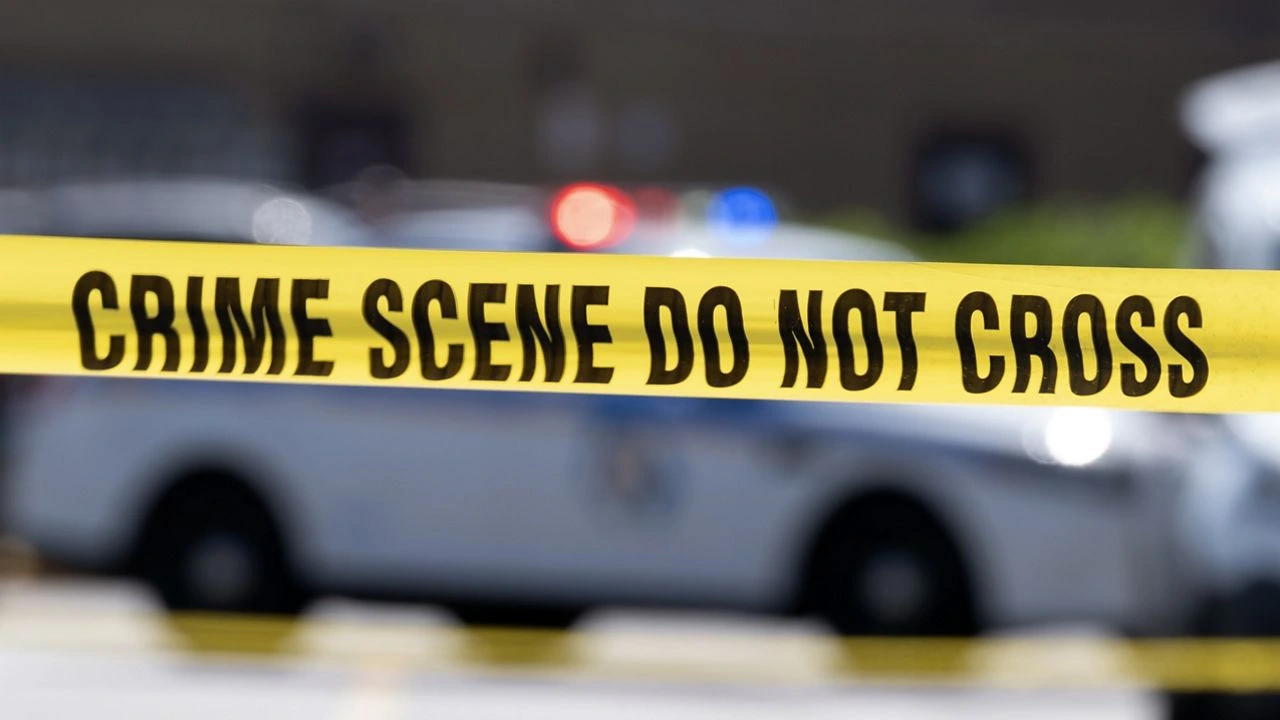
Canada’s Crime Severity Index (CSI) rose by 4.3% in 2023, with violent crime up 4.6% and non-violent crime increasing 4.1%. Aside from a brief drop during the pandemic, crime has been rising since 2014.
An April 2023 poll found that 65% of Canadians feel crime has worsened since the pandemic. New immigrants in Canada are facing the most attacks and are being targeted the most.
Conservative leader “Pierre Poilievre” criticized the Liberal government, while Justice Minister Arif Virani acknowledged the need to address public fears and said “it was empirically unlikely that Canadians are less safe, but that the government would act to address feelings of growing insecurity”.
Recent attacks on the Jewish community, including a shooting at a Toronto school on October 12, 2024, and a fire at Leo Baeck Jewish Day School, have further raised concerns. Crimes like homicide, sexual assault, and vehicle theft continue to climb, leaving Canadians demanding action. As crime rates rise, there is growing anger among the public towards Justin Trudeau’s Liberal government regarding issues of crime and public safety.
Housing Affordability
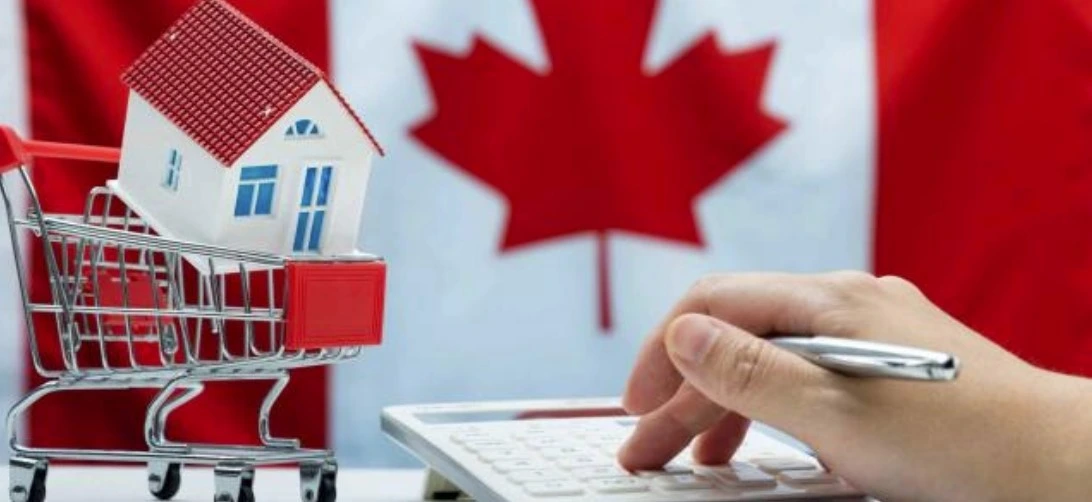
Since interest rates began to rise two years ago, many Canadians have been priced out of the housing market. The housing affordability crisis in Canada has worsened rapidly as the growing immigrant population has far outpaced the supply of available homes. This has led to a sharp increase in home prices and rents. Higher interest rates have further exacerbated the crisis.
Last year, between 50 to 100 students at Canadore College in North Bay, Ontario, were forced to live in tents along the roadside due to a lack of housing. The massive influx of immigrants has pushed Canada’s population to record levels, driving up both housing demand and prices. Since April 2020, home prices in Canada have increased by more than 30% on average. As a result, middle-class, lower-middle-class, and low-income families are quite frustrated with the Trudeau government.
Immigration Policy
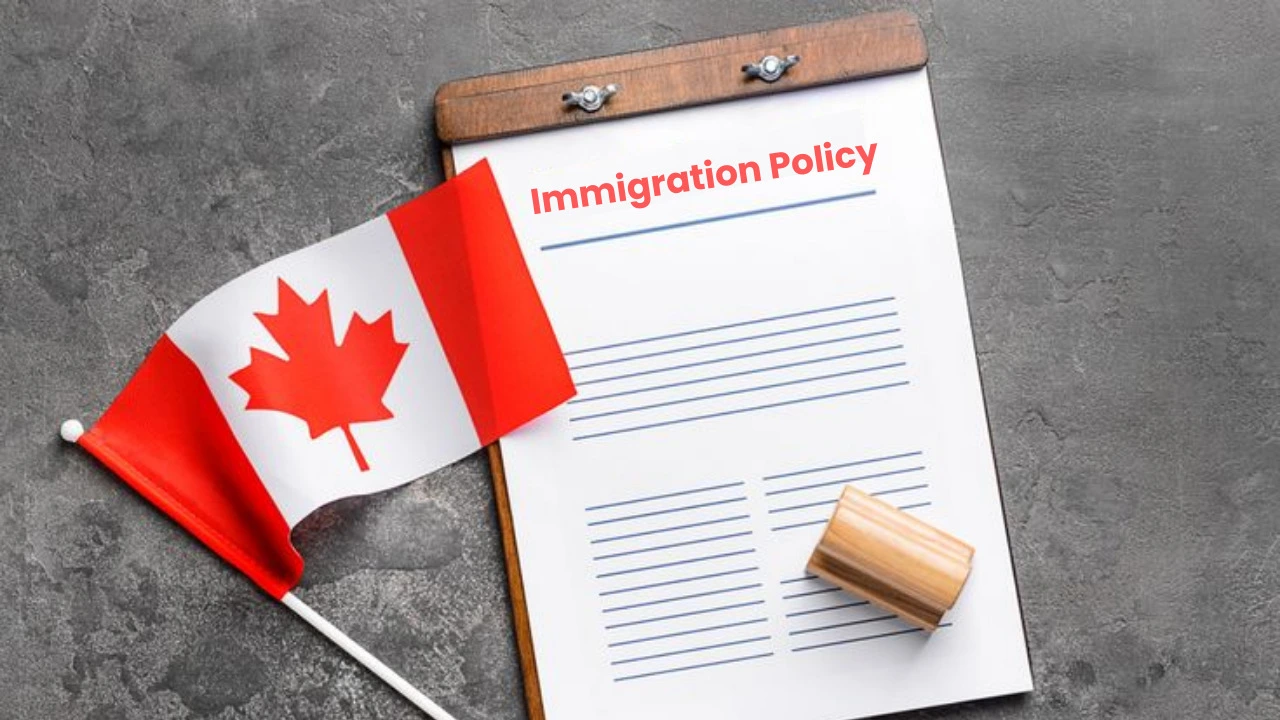
Prime Minister Justin Trudeau has made immigration his main strategy to address Canada’s growing aging population and declining birth rate. As a result of immigration, Canada’s population has grown at its fastest rate in over six decades. However, this immigration has also led to negative consequences, such as a significant increase in the cost of living, which has raised prices for essential items like food, housing, and transportation across Canada.
Due to immigration, the issues faced by newcomers have become more prominent than those of Canadian citizens. The biggest issue is the India-Canada conflict due to Khalistan, which does not genuinely concern real Canadian citizens. Nevertheless, because of the immigration to Canada and getting Canadian citizenship, this has become a significant conflict for the whole of Canada in their country. The damage caused to Canadians by the Liberal government’s immigration policy is also leading to increasing discontent towards Trudeau among the public.
Underemployment and Job Insecurity
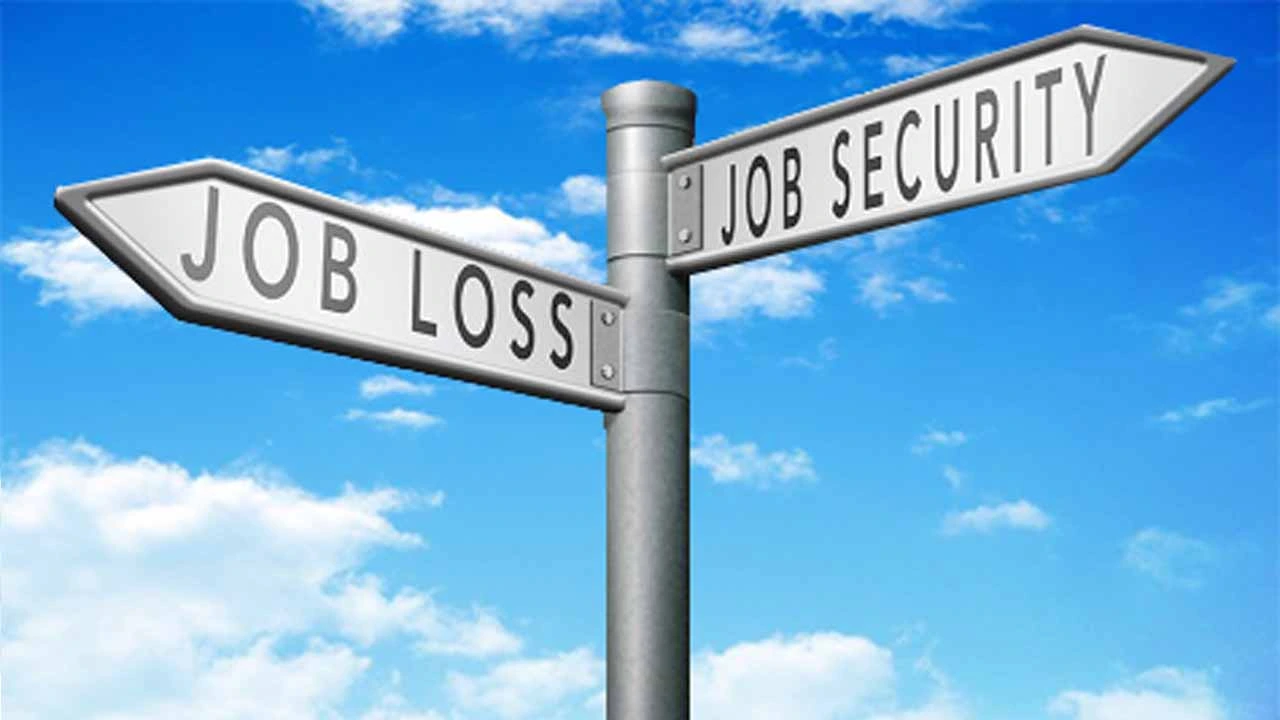
According to an ET report, the most significant challenge facing Canadians today is the escalating job crisis. Derek Holt, an economist at Scotiabank, points out that the increase in unemployment is primarily driven by the temporary resident category. Despite Canada’s record population growth contributing to a rise in GDP, daily life is becoming increasingly difficult.
This crisis particularly affects the younger generation and immigrants, who are finding it harder to secure stable employment and make ends meet. As the job market tightens, many Canadians are left wondering how to navigate an economy that seems to be growing yet increasingly challenging for those seeking opportunity. The need for effective solutions has never been more urgent. As a result, both the younger generation and new immigrants are increasingly disillusioned with Trudeau’s Liberal government.
China’s Interference in Canada’s Elections
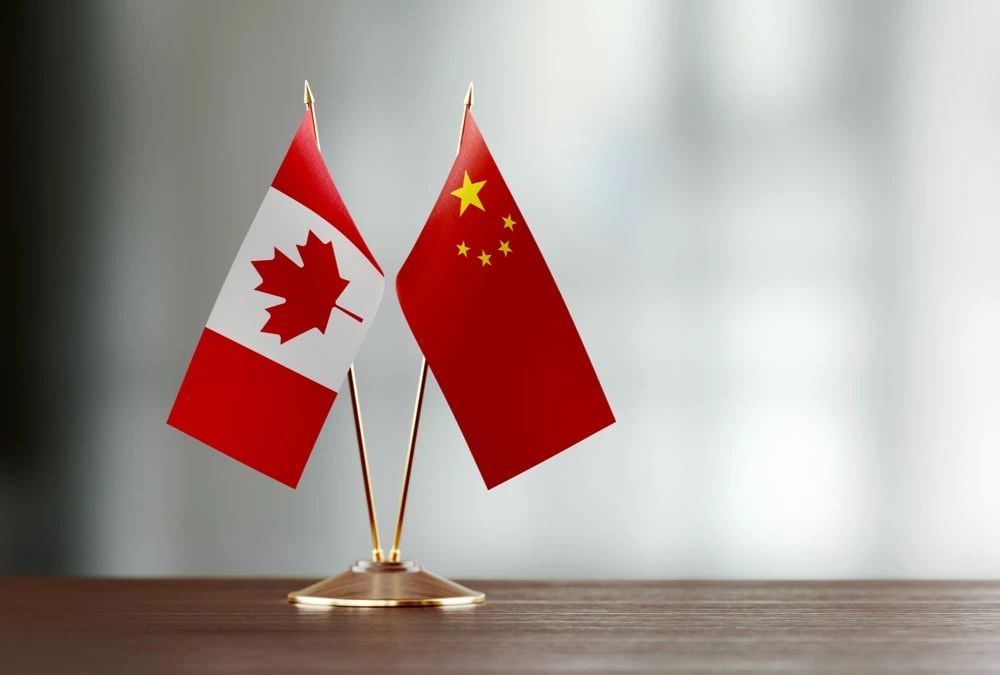
Prime Minister Justin Trudeau is facing heavy criticism over allegations of foreign interference in Canadian elections. A CSIS (Canadian Security Intelligence Service) investigation report revealed that Han Dong, a member of Trudeau’s Liberal Party, was elected in 2019 with the help of China and its allies. In April, CSIS informed the Foreign Interference Commission that the Chinese government had secretly and deceptively interfered in both the 2019 and 2021 elections.
With growing evidence of foreign interference and intelligence leaks to the media, a commission of inquiry was established. The final report from the investigation committee is expected by the end of this year. This has become a significant issue leading up to the elections in Canada, causing widespread frustration among the public towards the Trudeau government.
The Canada India conflict reflects not just diplomatic tensions but also the political challenges facing Prime Minister Justin Trudeau’s government. As public discontent rises over issues like crime, housing affordability, and foreign interference, Canadians are demanding accountability and effective leadership. It remains to be seen how these factors will influence the political landscape, but one thing is clear: Canadians are seeking effective leadership in navigating these turbulent times.
How Donald Trump's Presidency Could Impact the Canada-India Conflict
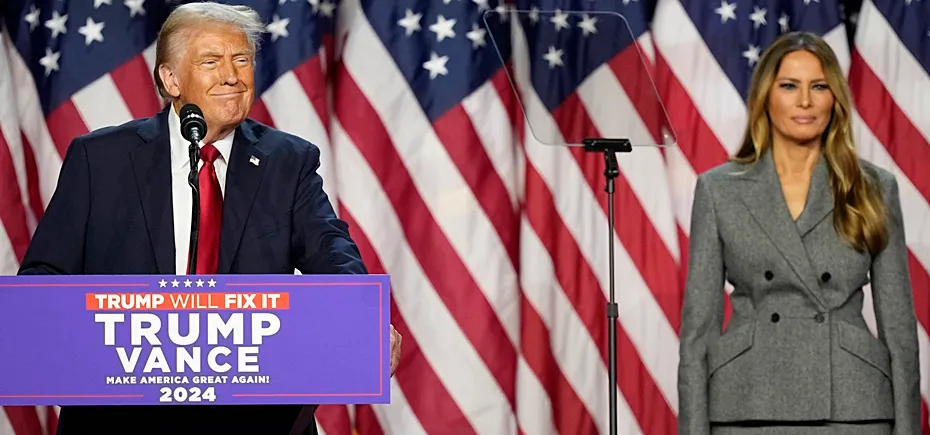
With Donald Trump sitting in the White House once again, the Canada-India conflict may take an interesting turn. Trump has always been known for his bold, no-nonsense approach to international relations, and his return could mean a more hands-on role for the U.S. in this dispute.
Support for India
In the past, Trump shared a strong rapport with Indian leaders, focusing on strengthening trade, defense, and counter-terrorism ties. If he maintains that stance, his administration might back India, especially on concerns about extremism and security. This support could give India a stronger voice on the global stage.
Pressuring Canada
Trump will often push for what he perceives as beneficial to the American economy and security. He could use his leverage to prod Canadian leaders, with whom the country maintains close relations, into settling matters with India, especially if he believes it aligns with US interests.
A Mediator?
However, he is also known for offering to mediate in international disputes often claiming he can “make a deal.” Whether or not Canada and India would accept him as a neutral party is another matter, but it could shake up the dynamics of the conflict.
Trade and Global Strategy
With Canada and India both being major trade partners with the U.S., it may be that Trump is focusing on ensuring this battle does not harm American interests. He might use the conflict to renegotiate trade deals or gain agreements that favor the U.S.
What to Expect
Trump’s return will bring a new layer of unpredictability to the Canada-India conflict. While he may strengthen ties with India, his pressure on Canada or attempts to mediate might ease tensions or make the situation more complicated. Whatever it is, it’s sure to keep everyone guessing.
Trudeau Might Declare his Abdication
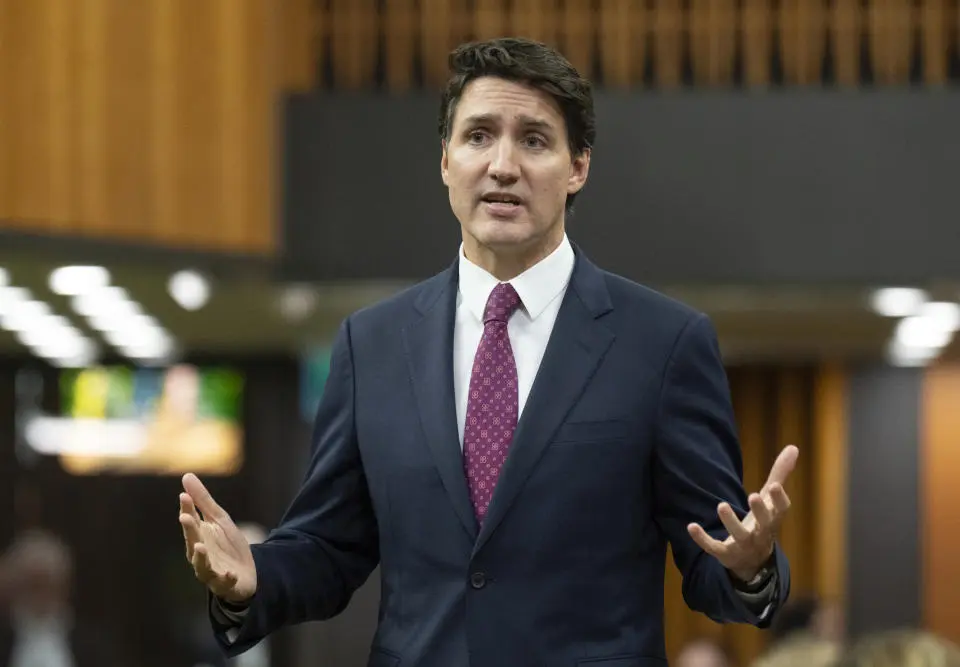
We just entered 2025 and big news coming from Canada, as indicated by The Globe and Mail, discontent and struggles under the surface are expanding inside the Liberal Party. Alluding to three key sources mindful of the party’s inside issues, it has been expressed that Trudeau might declare his abdication. Following this, a gathering of the Liberal Party’s parliamentary council is planned for Wednesday (January 8), making it likely that Trudeau’s renunciation will be reported before then. Individuals from the Liberal Party accept that it is presently hard for the party to win the following political decision under the initiative of Justin Trudeau. Discontent against him is developing inside the party, and accordingly, MPs have begun transparently contradicting him. A mark mission to eliminate him was likewise led some time back. During this period, Trudeau has confronted numerous intense inquiries, and because of these reasons, he is feeling the squeeze to leave.

